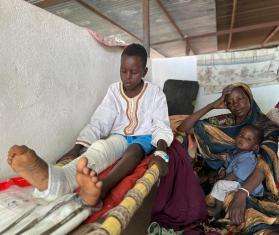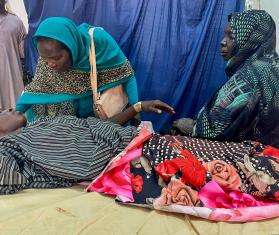In the Darfur region, where the violence has taken an ethnic dimension, most health facilities are no longer functioning due to the lack of critical supplies and medical staff. There is a widespread shortage of supplies such as vaccines, nutrition commodities, and HIV medications, as well as a poor disease surveillance system. At the same time, overcrowded and dire conditions in gathering sites and camps exacerbate the risk of disease outbreaks, while people with chronic conditions are struggling to access the care and medicines they need to survive. In 2024, people's suffering was compounded in the country’s east and central states by outbreaks of cholera and spikes in malaria and dengue fever during the year.
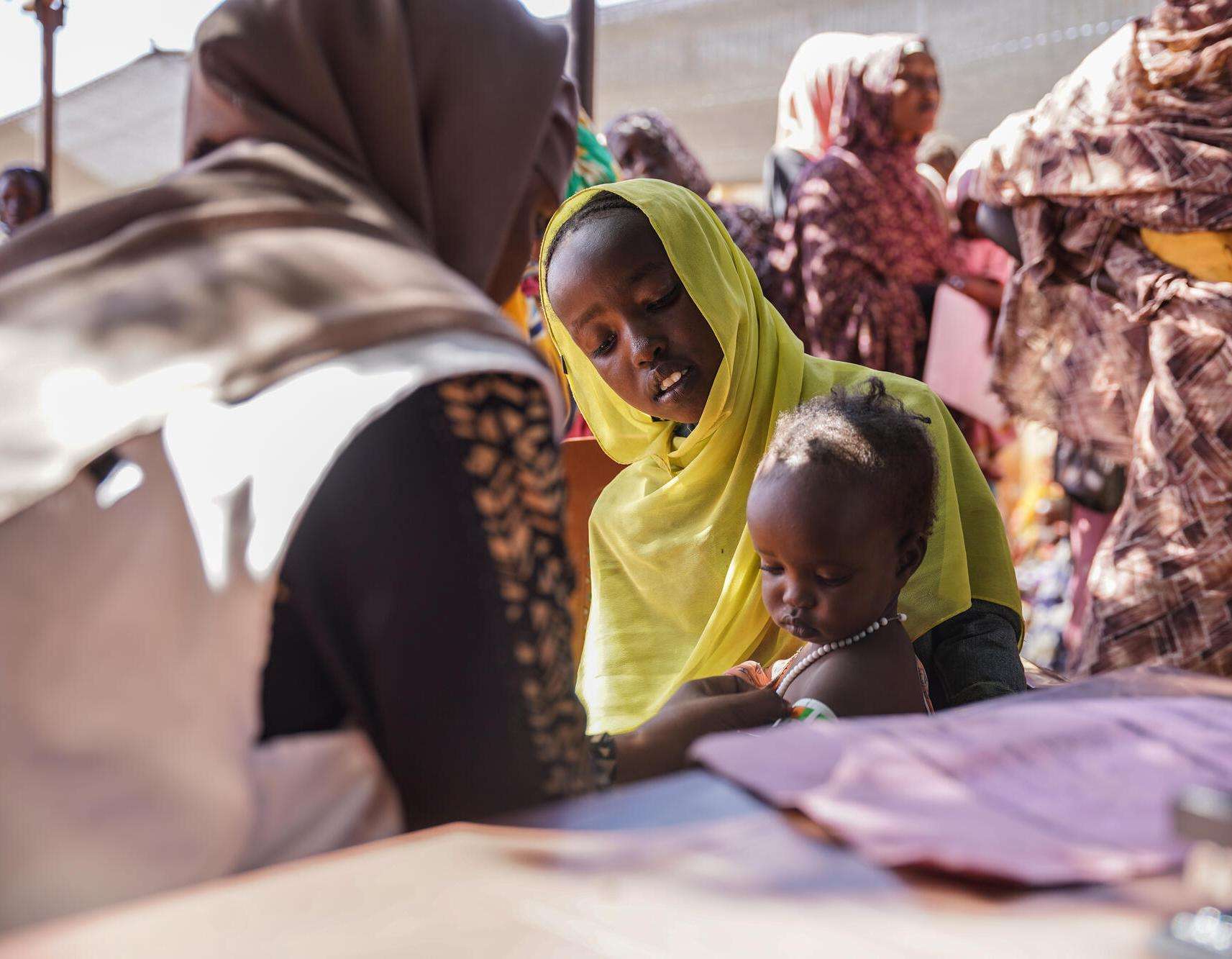
Sudan 2024 © Mohamed Zakaria
Sudan
In April 2023, intense fighting broke out across Sudan, including Khartoum and the Darfur region. MSF teams are providing medical care for people affected by this latest surge of conflict and other crises.
Darfur hospitals receive nearly 100 wounded people in one day
September 11, 2025 — Following a series of attacks by the Rapid Support Forces (RSF) and the Sudanese Armed Forces (SAF), 99 wounded patients, including women and children, arrived at health facilities supported by Doctors Without Borders/Médecins Sans Frontières (MSF) across Sudan's North, Central, and South Darfur states on September 10, four of whom were declared dead on arrival.
“We urge all warring parties to immediately spare civilians, protect medical staff and facilities, and guarantee safe, unhindered access for humanitarian aid,” said Marwan Taher, MSF head of mission in Darfur.
Our work in Sudan
Since a bloody war erupted in Sudan in 2023, Doctors Without Borders/Médecins Sans Frontières (MSF) has quickly adapted activities to respond, despite security and administrative challenges. Our teams deliver medical and humanitarian assistance across many of the country’s conflict-ravaged states.
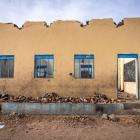
What's happening in Sudan?
Since April 15, 2023, intense fighting between the Sudanese Armed Forces and the paramilitary Rapid Support Forces (RSF) has plunged the entire country into chaos, leading to tens of thousands of casualties and uprooting millions of people from their homes.
The health system, already fragile before the conflict started, is struggling to cope with existing and emerging medical needs while facing overwhelming pressure from the destruction and looting of health facilities, acute shortages of utilities and medical supplies, and under-resourced health staff who are overworked without pay. As a result, people face significant challenges accessing medical care throughout the country. By the time many are able to access care, their condition has become critical.
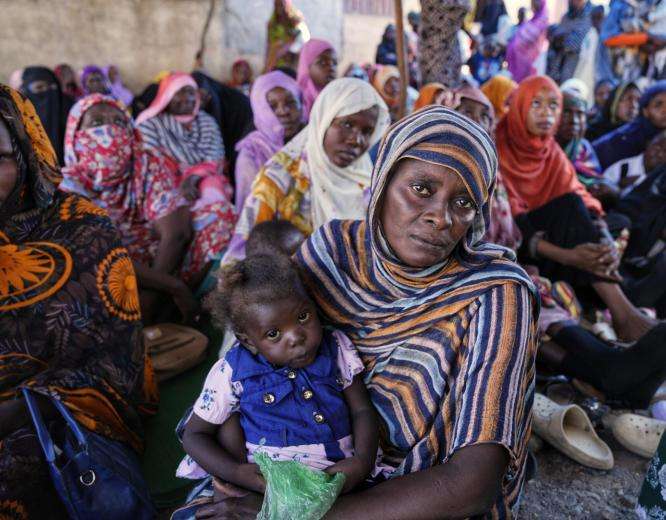
Sudan crisis response
How MSF is responding to urgent needs inside Sudan and in neighboring countries.

How we're helping in Sudan
MSF ran a range of activities in Sudan to respond to the immense needs. Our teams faced numerous challenges in the delivery of care, including restrictions imposed by both warring parties, delays in receiving travel permits and disruptions to supply routes due to insecurity, as well as attacks on our facilities and staff. Despite these obstacles, we had teams working in 15 of the country’s 18 states and were one of only a handful of organisations operating in areas controlled by both the SAF and the RSF. To date, the international humanitarian response to the crisis has been insufficient.
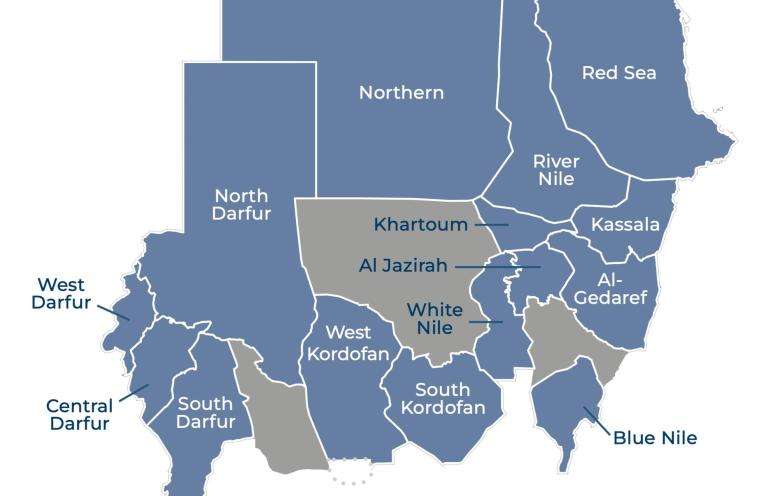
How we're helping
1 million
outpatient consultations
205,800
emergency room admissions
191,300
Malaria cases treated
113,600
patients admitted to hospitals
39,700
admissions of children to outpatient feeding programs
21,500
people treated for cholera
*Data from MSF International Activity Report 2024
More news and stories
Learn about MSF’s journalistic roots and our commitment to bear witness and speak out about the plight of the people we treat.
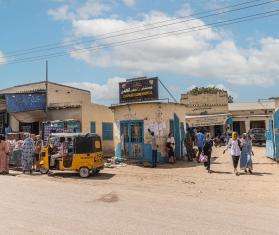
Story Aug 19, 2025
Sudan: MSF suspends activities at Zalingei Hospital after grenade atta...
Read moreLearn about MSF’s journalistic roots and our commitment to bear witness and speak out about the plight of the people we treat.
